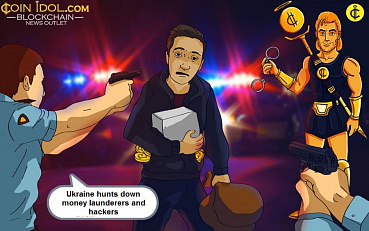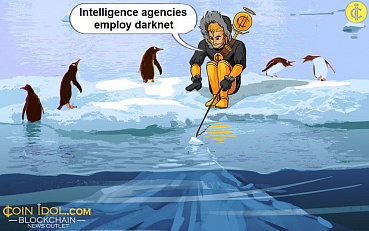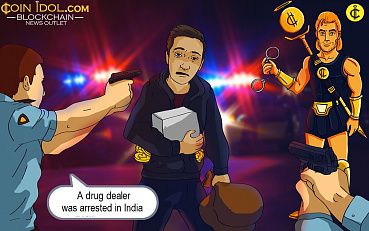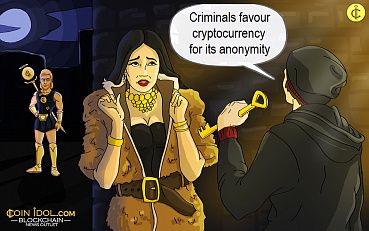☰ Menu
DarkNet

Nov 01, 2021 at 11:00
News
The USA Cooperated with Ukraine in Prosecuting Cyber Criminals Having Laundered Millions of Dollars Using Cryptocurrency
News
On October 25, US and Ukrainian intelligence agencies wrapped up a joint operation to uncover a gang of money launderers who used cryptocurrency to legalize money for hackers on the darknet.

Apr 27, 2021 at 13:33
News
Intelligence Services Benefit from the Darknet: Second Virtual Office Established by Russia
News
Russian Foreign Intelligence accepts data from citizens using their virtual office in the darknet. This is the first office of the kind in Europe. Russia has followed the lead of the USA that was a pioneer in establishing a darknet office.

Nov 05, 2020 at 14:20
News
Mixing Wallets Get Simple Pointing to the Growing Need in Privacy
News
The anonymity of cryptocurrency transactions has been a pain in the neck of most financial regulators. Countries are strengthening their regulation to track those wishing to use digital currencies for illegal purposes. However, the community players are constantly seeking ways to preserve their privacy.

Aug 24, 2020 at 14:00
News
Drug Dealers Use Bitcoin: Young Man Arrested in India
News
Law enforcement agencies make their best efforts to combat criminals performing drug transactions via the darknet. On August 24, the Indian Narcotics Control Bureau arrested a young man for buying ecstasy pills using Bitcoin.

Jul 18, 2020 at 10:50
News
Bitcoin Isn’t the King of the Darknet Anymore, BTC Transactions Has Dropped
News
The Bitcoin transactions on the darknet has decreased dramatically in 2020 compared to other years.

Jul 02, 2020 at 13:28
News
The King for Thieves: Criminals Tend to Choose Monero Over Bitcoin
News
Cryptocurrency has been attracting illegal dealers since its very inception. Due to its anonymity and security, Bitcoin was widely used as a payment method on the darknet shadow markets. However, lately criminals started paying more attention to Monero as this cryptocurrency allows for an enhanced secrecy and disguise.

Jun 28, 2020 at 13:02
News
Pressure from Cryptocurrency Exchanges Weakens Darknet Dealers but Doesn’t Stop Them
News
Cryptocurrency exchanges actively apply KYC regulations to pressure darknet entrepreneurs. Despite the reduction of cryptocurrency transactions on the darknet, criminals are still active in their shadow industry.

May 18, 2020 at 12:09
News
Hackers Steal Information of 129 Million Russian Car Owners to Sell for Cryptocurrency
News
At least 129 million Russian motorists now have their information with an unknown hacker group that is attempting to sell it on the darknet for cryptocurrency.

Apr 20, 2020 at 11:58
News
Counterfeit Medical Supplies from China Grow with Rising Demand
News
As the COVID-19 pandemic spreads around the world, the demand for medical supplies such as test kits, reagents, masks etc. skyrockets. In its turn, the growing deficiency has pushed a growth in counterfeit products.
